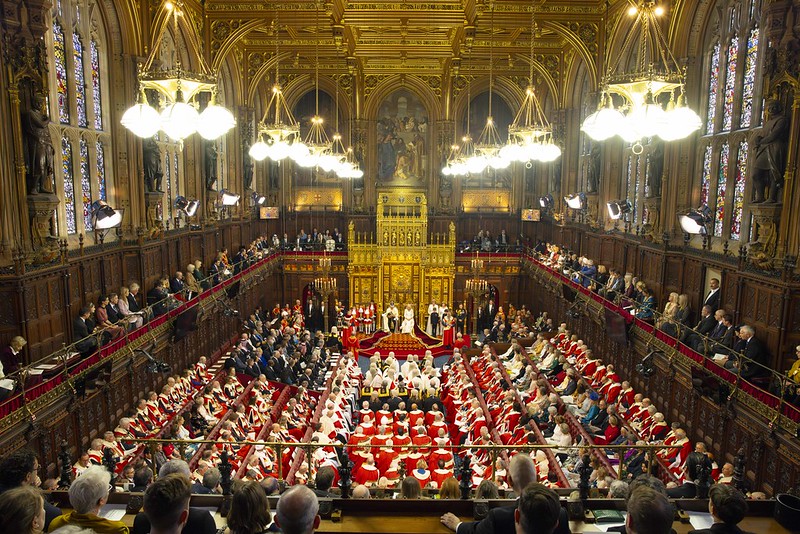Tory Mayor of West Midlands calls for reinstatement of mandatory housing targets

The Conservative Mayor of the West Midlands, Andy Street has called for the reinstatement of mandatory housing targets: a position in stark contrast to that of the Conservative Government following the publication of the revised NPPF.
In an article posted on the Conservative Home website last week, Mayor Street wrote:
‘Last year, the Prime Minister ditched the top-down mandatory construction targets that have for years been part of housing policy, as regions struggled to meet them. The targets are now effectively ‘advisory’, with councils allowed to build fewer homes if they can show hitting them would significantly change the character of an area.’
‘I do understand Rishi’s thinking on this – after all, we want to build the right number of homes in the right places, and in the right way. However, here in the West Midlands, we are delivering the houses people want – and I believe that targets have played an important role in that success, by galvanising us to succeed.’
‘Having a national target, which you then have to work out at a local level, forces you to think about how you’re going to achieve it. Targets also encourage good practice and collaboration on a regional level. Our councils in the West Midlands have pro-growth policies and are generally supportive of redevelopment. Without those frameworks from central government, I fear we won’t be able to be as effective as we have been in the past.’
He went on to write that, while he explicitly wants to see mandatory housing targets ‘brought back’, he also wants ‘more say’ for local people in the housing process, in the form of greater devolution to regional authorities such as his:
‘We have shown that we know how and where to build. Given more control and funds, we can do even more.’
Mayor Street’s comments came the week after Planning Minister Lee Rowley MP, speaking in the House of Commons, appeared to confirm that the new rules would lead to councils proposing fewer homes, stating he was “absolutely certain that there will be more cases for exceptional circumstances put forward in the future by councils” and “authorities should consider them if they believe they apply.”
Both men’s comments reflect the odd position the Conservative Party finds itself in right now on planning. While their principal opponent across most of the country, Labour, takes a broadly pro-development position, the Conservatives’ more equivocal attitude to development is intended to see off a different opponent, the Liberal Democrats, in a limited number of southern English seats where Labour does not compete. This leaves Conservative politicians like Mayor Street – who like the overwhelming majority of his colleagues faces a Labour challenger this year, not a Liberal Democrat – exposed and outflanked by Labour on planning.
Of course, Mayor Street may end up getting his wish anyway on mandatory housing targets – but it would be under a new Labour Government, and possibly a new Labour Mayor of the West Midlands as well.






